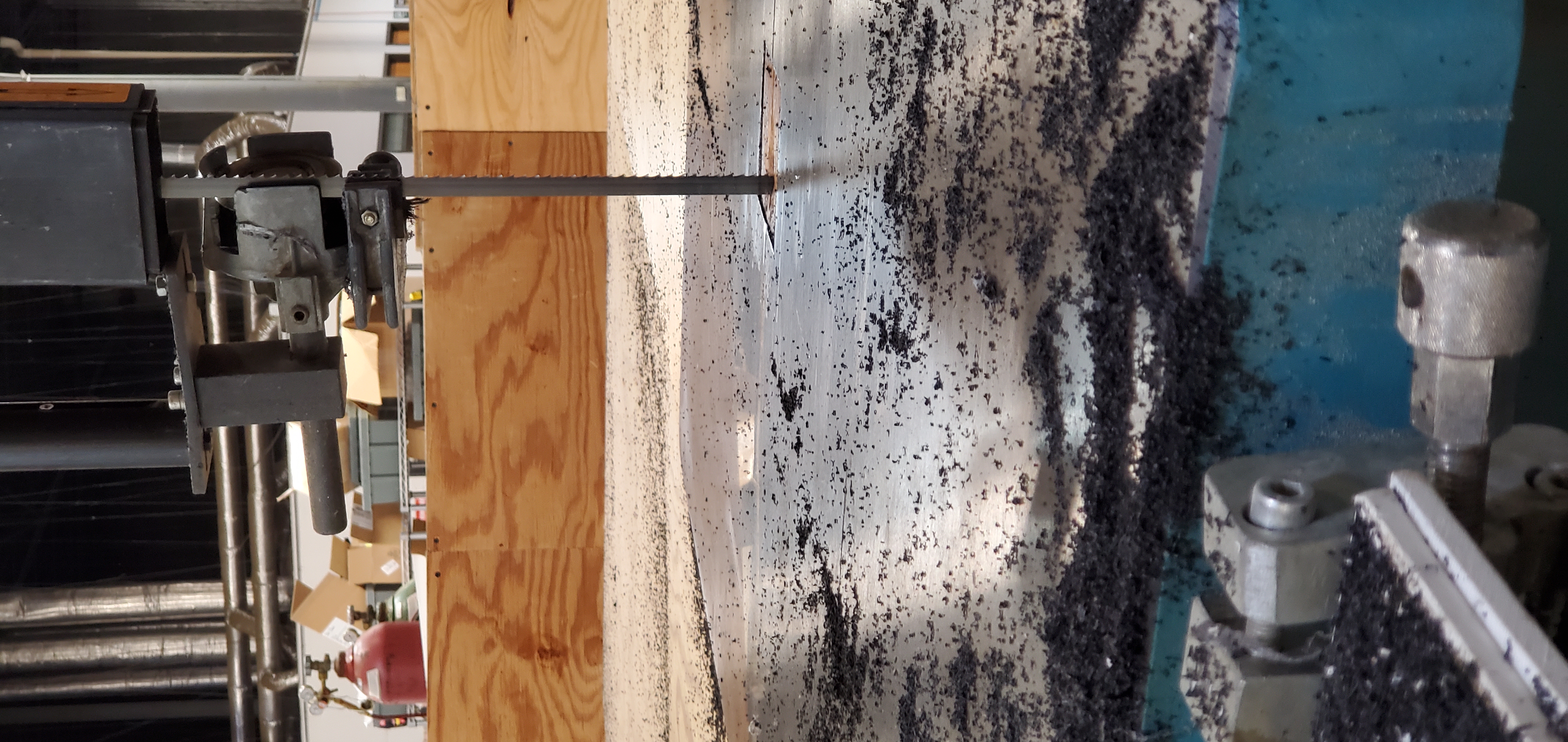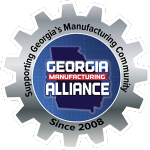Determining manufacturing cost and overall pricing is always an important step when developing and producing a new product. Aside from obvious costs like material, labor, and overhead, other factors like supply, tooling, and mold design must be included. It’s important to keep in mind that heavy gauge, thermoformed parts can be difficult and costly to ship long distances.
However, ThermoPro manufactures products in a cost-effective way while saving on shipping. Our products are manufactured in the US with American-made plastics. This means that we are able to maintain high quality standards throughout the production process.
What are the steps we use to calculate manufacturing costs?
To begin, customers may visit our website and either call or ‘Request a Quote’, directly from there,, adding information about their project. After initial contact, customers are asked to share a design of the part they wish to manufacture. Our engineering team works with blueprints, CAD files, sample parts, or other types of design to visualize the customer’s goal. They can also use this information to determine what kind of mold or tooling they may need to produce the finished piece.
Customers can then add detailed information, including material type, gauge, color, and surface texture, depending on the application. Finally, you have the option to include specifications, like packaging, regulatory or functional requirements, as well as any tooling details. Once you have submitted a request, it’s on to our design team to take that information and form a gameplan.
Our senior engineer, Lynn Carroway, has been in the plastics industry since 1992 and is an expert in all things thermoforming. Needless to say, he has project planning down to a science. Lynn uses the design blueprints and application requirements from the customer to decide how the product gets made. If the product is being thermoformed, Lynn will figure out if it needs to be vacuum formed, drape formed or pressure formed. The product may need trimming or routing after being formed, but this step is not always required. On the flipside, some parts are exclusively made with a CNC and do not require thermoforming at all.
If a part is produced with vacuum, pressure, or drape forming, a mold must be made. Molds are typically made of either hard tooling board or aluminum, based on the quantity of parts to be produced. Our engineering team calculates the dimensions of the mold to make sure it conforms to the size of our thermoforming machines.
The next major step in determining cost is materials. The type of plastic, availability, and lead time all factor into the total cost of materials used. Because some plastics are more difficult to form than others, a ‘Scrap Rate’ percentage is calculated to estimate the amount of material that will be lost from manufacturing setup. Sheet size is also calculated before ordering materials to ensure that the plastic is large enough to fit the mold and the thermoforming machine.
Labor costs are calculated next, depending on the techniques required to make a specific part. Some parts may require specialized techniques or tooling that add to the total cost of production.

The third step is assembly and fabrication. Some finished products will need assembly or have additional components added outside of the basic part. These are calculated in a separate section based on quantity and cost per part, and then added to the total cost of the quote.
The last step in calculating costs is outside services and freight. While ThermoPro does the majority of the manufacturing process for our products, some customers require extra additions to their final product development, such as a rigidizing coating or specialty paint.
Once production costs are determined, our engineering team will send the customer a quote based on all of the variables above. We also include pricing variation depending on the amount of parts ordered, with high volume orders being less expensive per unit.
Once the customer has received their quote and decided to move forward with manufacturing, our skilled engineering team works with them every step of the process to ensure high quality and reliable delivery.

